Vending.com’s parent company, The Wittern Group, joins 153 companies who have signed the American Business Act on Climate Pledge in their support for action on climate change.

By signing the American Business Act on Climate Pledge, The Wittern Group is voicing support for an outcome that takes a strong step forward toward a low-carbon, sustainable future at the COP21 Paris climate negotiations. As a part of this Pledge, The Wittern Group is demonstrating an ongoing focus on climate action by committing to:
- Reducing water usage by 10% by 2020
- Reducing greenhouse gas emissions in their vending products by 45% by 2025
- Increasing investment in low-carbon, climate-resilient, and green projects by $2 million by 2025
- Developing long-term business plans that align with the deep DE carbonization necessary to keep global average temperatures from rising less than 2C
“Sustainability is an important initiative for Vending.com and The Wittern Group as we look to grow our business while remaining agile amid a changing environmental landscape,” commented Heidi Chico, CEO of The Wittern Group and NAMA Board Member. “By committing to the American Business Act on Climate Pledge, The Wittern Group, along with Vending.com, is taking a leadership role by focusing on initiatives that will increase the profile of the vending industry and demonstrate our industry’s commitment to climate action.”
The Wittern Group is one of seven National Automatic Merchandising Association (NAMA) member companies that have committed to the American Business Act on Climate Pledge. NAMA is the association representing the $25 billion U.S. vending and refreshment service industry. These seven companies demonstrate an ongoing commitment to climate action and to voice their support for a strong outcome at the Paris climate negotiations.
“The Wittern Group recognizes that delaying action on climate change will be costly in economic and human terms, while accelerating the transition to a low-carbon, sustainable economy will produce multiple benefits with regard to economic growth, public health, and the well being of the global environment,” commented Heidi Chico, CEO of The Wittern Group and NAMA Board Member. “The Wittern Group is proud to be a small but integral part in addressing climate change and through this Pledge has committed to ambitious, yet achievable, goals to reduce greenhouse gas emissions and utilize clean energy alternatives.”
###
About The Wittern Group
Founded in 1931 by F.A. Wittern Sr., The Wittern Group provides a full range of products and services to meet all vending needs including design, manufacturing, financing, national and international sales, re-manufacturing programs, parts, and support services. The Wittern Group is structured to help people succeed in vending. www.wittern.com
—
Contact: Heidi Chico // Tel: +1 (515) 271.8425 // E-mail: hchico@wittern.com
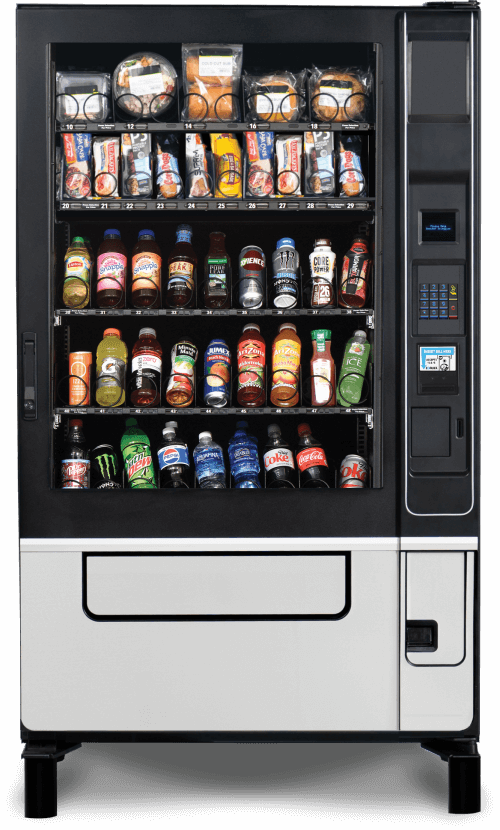

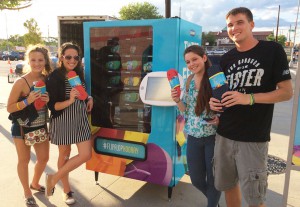
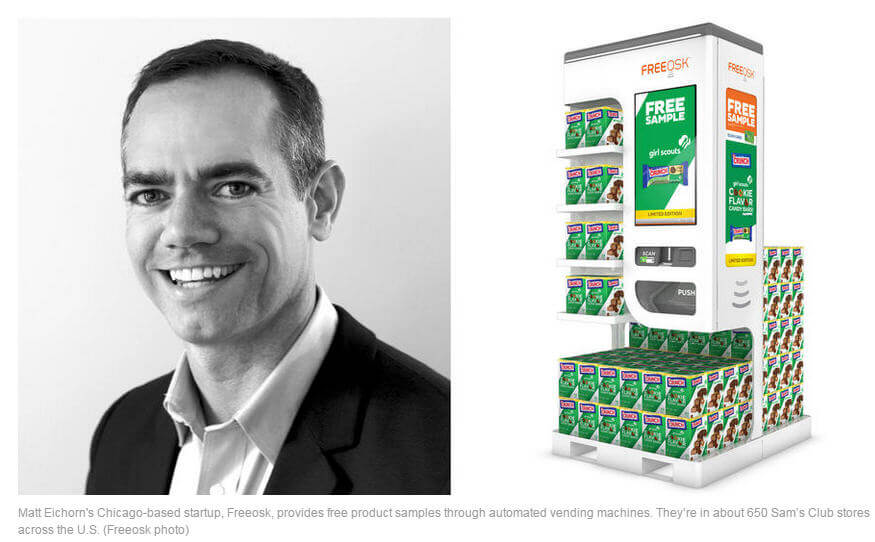
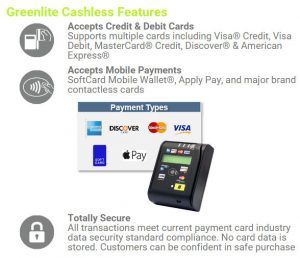 If recent trends are to be believed, the concept of paying for goods and services in cash may be a thing of the past – at least as far as millennials are concerned. More and more young people are increasingly paying with Apple Pay and similar types of mobile payment systems that rely more on technology and less on good, old-fashioned currency.
If recent trends are to be believed, the concept of paying for goods and services in cash may be a thing of the past – at least as far as millennials are concerned. More and more young people are increasingly paying with Apple Pay and similar types of mobile payment systems that rely more on technology and less on good, old-fashioned currency.
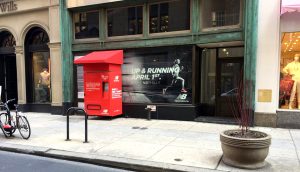
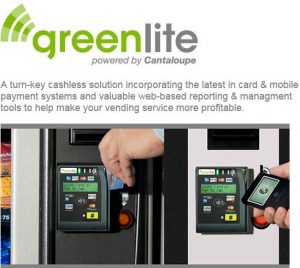
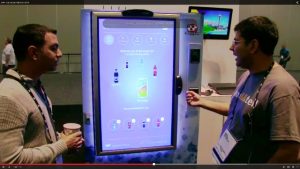
 King County Metro Transit is taking a bold step into the 21st century – at least as far as passengers are concerned. To help ease some of the stress on existing infrastructure, KCMT is putting a bus ticket dispensing vending machine on Third Avenue located conveniently between Stewart and Pine street in Seattle, WA. The hope is that instead of pushing money into the farebox as traditionally accomplished, users will instead use the vending machine to accomplish the same thing.
King County Metro Transit is taking a bold step into the 21st century – at least as far as passengers are concerned. To help ease some of the stress on existing infrastructure, KCMT is putting a bus ticket dispensing vending machine on Third Avenue located conveniently between Stewart and Pine street in Seattle, WA. The hope is that instead of pushing money into the farebox as traditionally accomplished, users will instead use the vending machine to accomplish the same thing.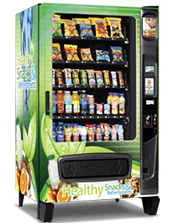 For many people who wish to live healthier lifestyles, one of the biggest obstacles has always been the workplace. Depending on how busy your days are, you may not necessarily have time to run to the nearest healthy source of food during your lunch hour. Fast food, which is among the least healthiest food possible, may be the best option. Worse yet, even companies that have traditionally said that they encourage healthy activities in their employees usually stock vending machines filled with high calorie, low quality items for those workers to consume. The snack vending machine has long been the bane of existence to everyone who just wants to watch what they eat and lose a little weight while on the job.
For many people who wish to live healthier lifestyles, one of the biggest obstacles has always been the workplace. Depending on how busy your days are, you may not necessarily have time to run to the nearest healthy source of food during your lunch hour. Fast food, which is among the least healthiest food possible, may be the best option. Worse yet, even companies that have traditionally said that they encourage healthy activities in their employees usually stock vending machines filled with high calorie, low quality items for those workers to consume. The snack vending machine has long been the bane of existence to everyone who just wants to watch what they eat and lose a little weight while on the job.
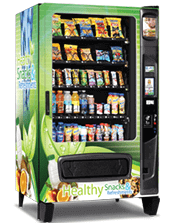 Today’s student in the U.S. is used to choosing from a variety of options. From classes, to friends, to after school activities, variety is the spice of life in middle and high schools. This may be a key reason that the vending machine has been such a successful tool for satisfying hunger cravings for our nation’s kids. Beyond its function as a nutritional vehicle for keeping kids alert and energized, it is also a significant revenue builder for the nation’s schools.
Today’s student in the U.S. is used to choosing from a variety of options. From classes, to friends, to after school activities, variety is the spice of life in middle and high schools. This may be a key reason that the vending machine has been such a successful tool for satisfying hunger cravings for our nation’s kids. Beyond its function as a nutritional vehicle for keeping kids alert and energized, it is also a significant revenue builder for the nation’s schools.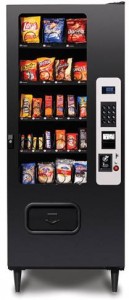 Many companies that purchase
Many companies that purchase